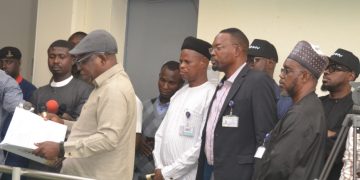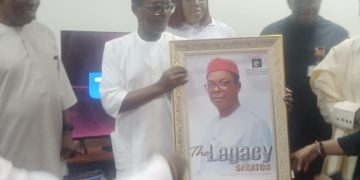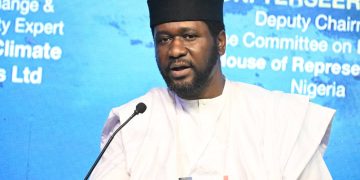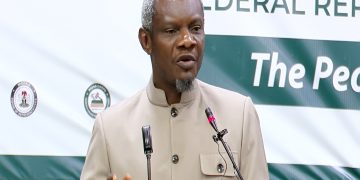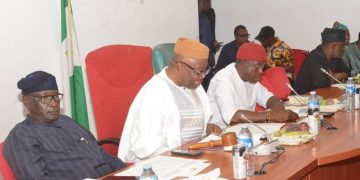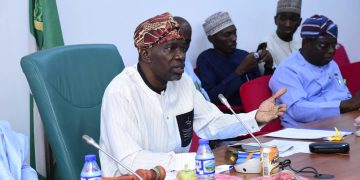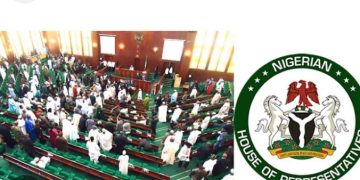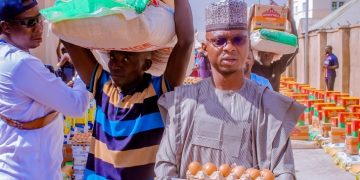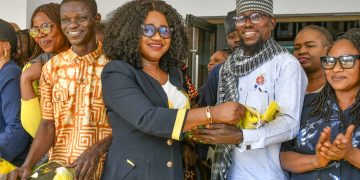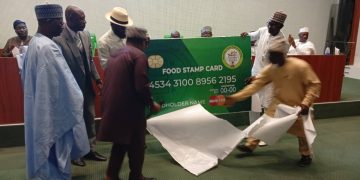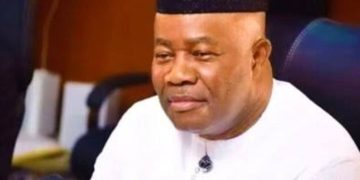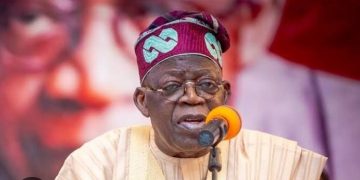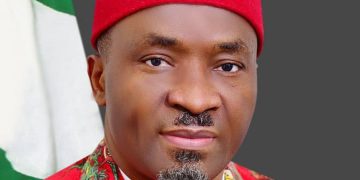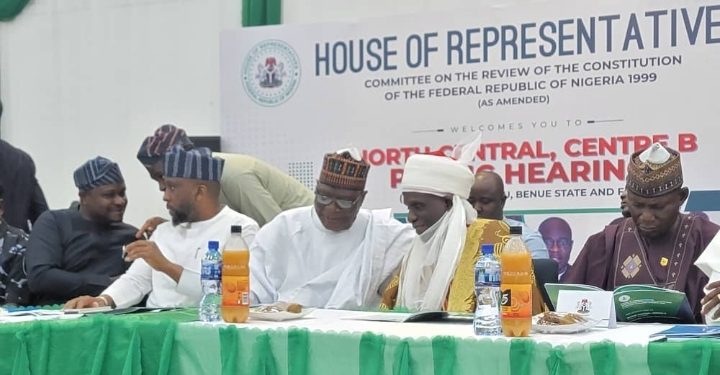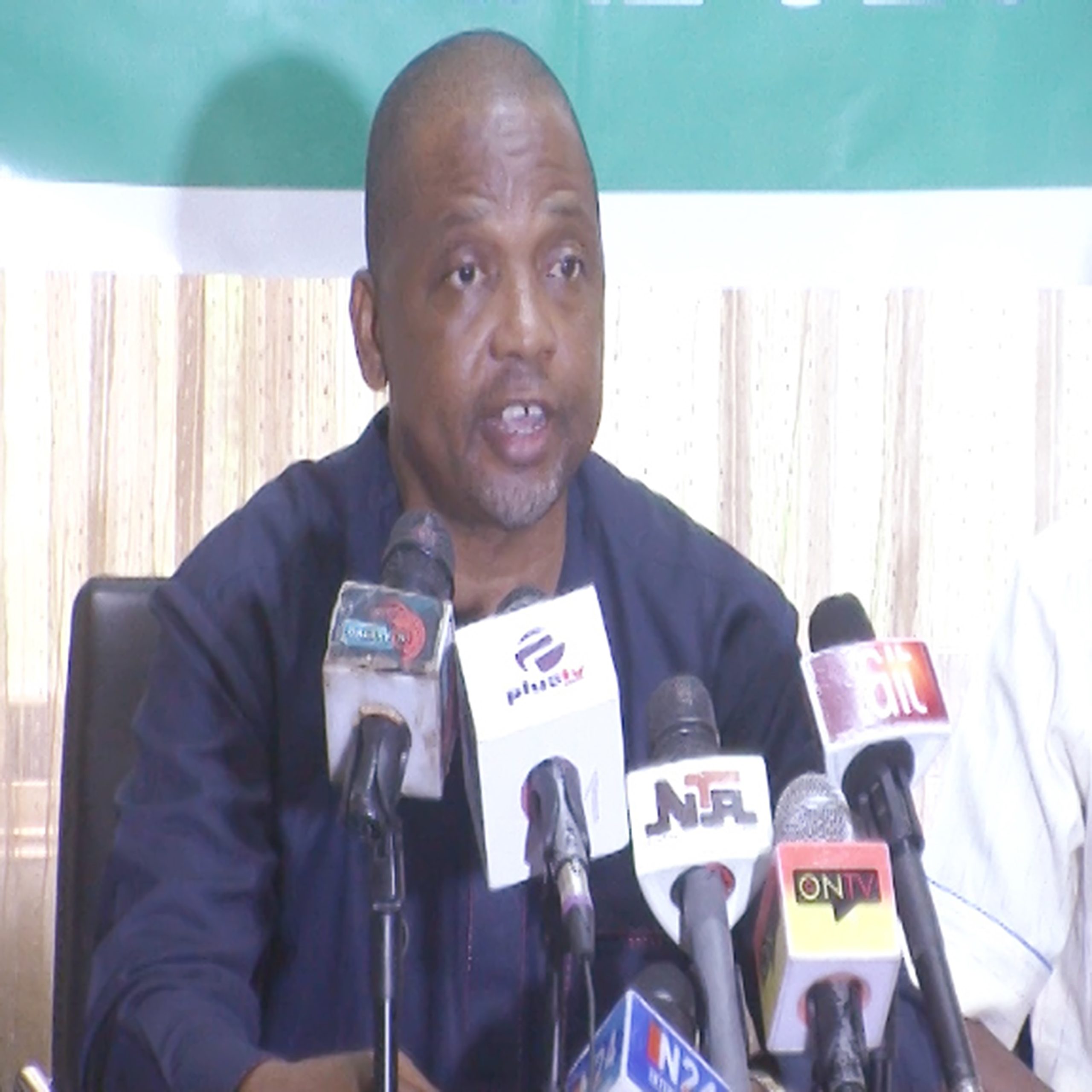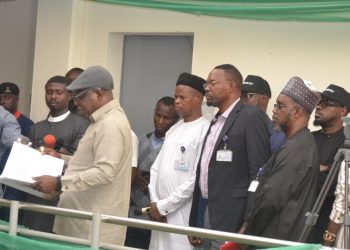By Comfort Olayinka
Constitutional change resonated strongly in Lafia, Nasarawa State, as the North Central Zonal Public Hearing on the Review of the 1999 Constitution brought together an array of voices demanding bold reforms to reshape Nigeria’s democratic future.
Held at the Ali Akwe Doma Banquet Hall and chaired by Rt. Hon. Ahmed Idris, leader of the North Central Center B review process, the hearing featured contributions from representatives of Nasarawa, Benue, Plateau States, and the Federal Capital Territory (FCT).
Top among the priorities echoed throughout the deliberations were:
Enhanced women empowerment and equitable political representation
Establishment of state police to tackle local insecurity
Full legislative recognition of the FCT as a state
Far-reaching electoral reforms for credible and inclusive elections
Governors of the participating states were represented by their Attorneys-General and Commissioners for Justice—Barr. Isaac Danladi (Nasarawa), Barr. Philemon Dafi (Plateau), and Barr. Fedelix Mnyim (Benue)—each presenting their state’s vision for a more inclusive, secure, and just Nigeria.
The hearing attracted wide participation, drawing traditional rulers, faith leaders, academics, youth and women groups, labor unions, and civil society organizations, who emphasized the urgent need for a constitution anchored on equity and people-centered governance.
Women advocates pushed for gender-sensitive provisions, citing the need to dismantle barriers to leadership, while youth groups demanded job-creating policies and innovation-friendly reforms. A consensus also emerged around the establishment of state police, which many agreed is essential for curbing rising insecurity, especially in remote areas.
Strong advocacy also surrounded the call to grant the FCT full constitutional status as a state, including the establishment of its own House of Assembly and equal legislative rights.
Rt. Hon. Idris commended the robust turnout and quality of engagement, pledging that the committee would incorporate the region’s submissions into its final report for National Assembly consideration.
The hearing forms part of a nationwide process aimed at delivering a reformed constitution that promotes justice, security, and democratic inclusivity across all of Nigeria’s geopolitical zones.
As the session closed, participants voiced optimism that their inputs would help shape a Constitution that truly serves all Nigerians—regardless of gender, geography, or generation


